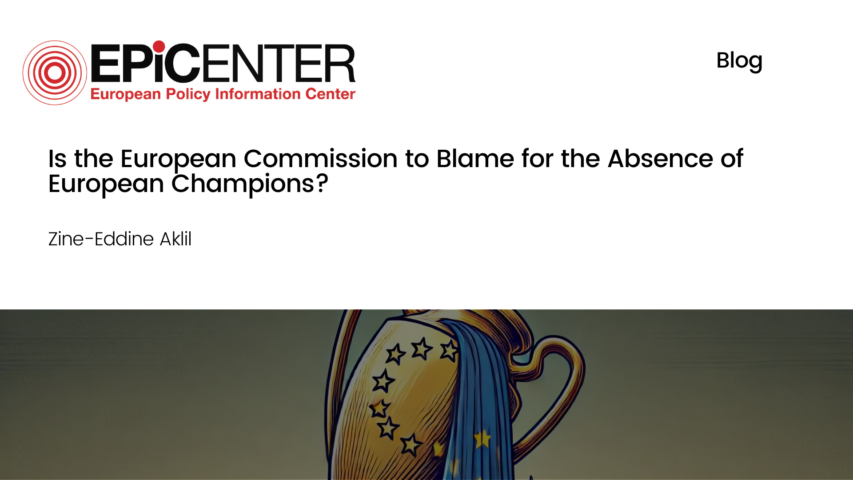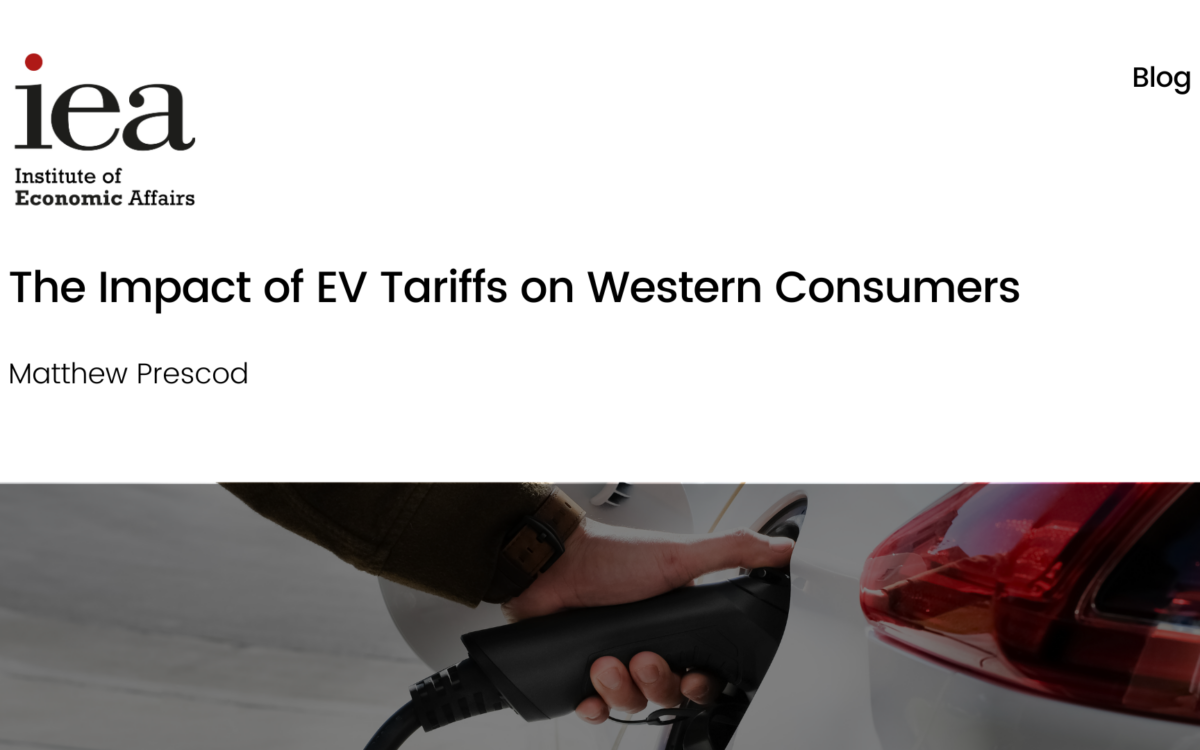Is the European Commission to Blame for the Absence of European Champions?

Is the European Commission to Blame for the Absence of European Champions?
Zine-Eddine Aklil // 16 March 2020
Following the veto of the Alstom-Siemens merger, the European Commission has been criticised for preventing the creation of “European champions” of comparable size to those emerging from the United States in the digital field or China in the industrial field. The EU Merger regulation aims to prevent increased market concentration leading to too little competition between the market players.
Is there any basis for this approach? As always, there is a need for nuance. First of all, the size of businesses and their respective efficiency are not being regarded as the same. It is true that industries with high research and development costs have an interest in amortising their liabilities over large-scale production. However, there is no empirical evidence which attributes the failures of European companies on the international stage to insufficient size.
On the contrary, European companies develop even more favourably in world markets because they were established within highly competitive domestic markets. As such, international comparisons are improperly used. For example, the major American digital platforms such as Facebook or Microsoft were developed mainly by organic growth through local markets.
Besides, the Commission has never sought to prevent the formation of industrial “giants” through any of its policies. Several mergers that have been approved in the past have led to the creation of European market giants, such as the mergers between Anheuser-Busch InBev and SAB Miller or PSA Group and Fiat Chrysler.
This is statistically confirmed. Only 16 mergers have been vetoed out of the 5000 or so filed since 2000. Of these 16, 12 concerned mergers between European companies. Moreover, even though the Commission has the power to veto mergers and acquisitions involving one or more non-European companies, there have been very few cases of rejection in the end. However, the threat of vetoes almost certainly means that some plans are abandoned before they are even sent for approval due to deterrent effects.
Admittedly, Europe does impose some constraints on businesses that have no equivalencies in any other part of the word. On the European side, merger control seeks to address structural issues in the face of excessive mergers and acquisitions. As part of these measures, companies are required to resell certain parts of their business before merging. Very often, these initiatives result in parts of the business falling into the hands of non-European companies. This has seen forecasts of net aggregate economic growth across Europe decrease as a result.
On the US side, competition authorities are more inclined to resort to “behavioural” remedies. As opposed to structural remedies which focus on having an immediate market impact, behavioural remedies relate to the future behaviour of a merged entity. Examples include access to key technology or infrastructure, supply obligations, licencing or firewall provisions. This solution is more commonly accepted in mergers where the competition concern relates to issues in the legal process as opposed to an increase in market power. Behavioural remedies are also more likely to be accepted in regulated industries where a government body can monitor market conditions on an on-going basis. This has partly contributed to a sharp increase in the rate of mergers in the United States compared to Europe.
On the Chinese side, state backed businesses have seen the country’s private sector soar since the turn of the century. Indeed, with the help of massive state subsidies, Chinese firms regularly exceed projected business growth despite harsh trade sanctions placed upon China by the US.
On balance, the Commission should implement “behavioural” remedies more often in the style of the US. This would in turn avoid the loss of valuable assets owned by those very businesses seeking to grow. The fight against subsidies which distort competition across the continent is a matter for the European Union’s trade policy. Therefore, a vast array of policies, such as those concerned with industry, competition, and trade, all have a role to play in helping European firms increase their strength and influence on global markets.
EPICENTER publications and contributions from our member think tanks are designed to promote the discussion of economic issues and the role of markets in solving economic and social problems. As with all EPICENTER publications, the views expressed here are those of the author and not EPICENTER or its member think tanks (which have no corporate view).



